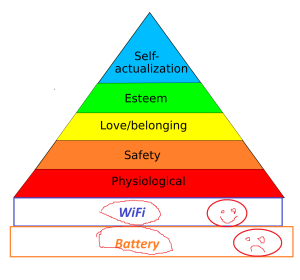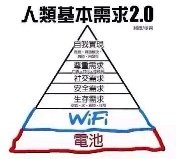“The world as we have created it is a process of our thinking. It cannot be changed without changing our thinking.” – Albert Einstein
It is the end of another year on calendar, Year 2020, a Chinese Yang Metal Rat year. No other time in the past as I have experienced, has people so willingly wish to pass faster and move on quicker to the next. In the other years by this time, it was more the feeling of panic watching time once again slipped mysteriously away, and of aged unfruitfulness paralyzing us from tearing down the last page of the calendar on the wall. This year has been different to many.
Call it Nature’s response or not, Mother Nature apparently is kind enough to warn us when we may be heading for some infinite abyss or irreversible disaster. This year as if Mother Nature has pushed a PAUSE button in human society’s blinding dizziness in fast forward developments, consumptions, money, technology, population, conflicts … Instead of another year of hypergrowth, we got lockdowns, isolations, quietness, goodbyes, and for luck ones, the uneasy solitude – as if the seeming peace is all but temporary in an alternative reality.
Humans are conceited animals. We rarely observe the feedback of our path chosen with wise minds either constantly or periodically. We like to leave that exercise to a few historians. We march full speed ahead just like any large moving herd, except when somehow get stopped in that path with stunning failures. This year can be marked as one of those “stopping” moment. We in fact have experienced quite a disaster this year already, but are we ready to accept the warning and adjust? Likely not to many.
We saw reactions of all kinds in the face of a crisis that COVID 19 has unfortunately thrown to us. Many of those reactions were similar to children who simply couldn’t believe that their wishes of candies, toys or games could be abruptedly denied. We yelled, cried, cursed, kicked, struggled as hard as we could, but in the end in order not to journey to the underworld too soon, we had to quiet down and went back to our caves to start thinking. It is said that there is an uptick in the interests of science, history, religion, supernatural and esoteric from this year in the general public, but we only heard a few faint voices to question the path that we are on and our way of ardent pursuits in our daily life.
To accept changes is hard. It is even harder to change the way we think – because that needs knowledge, intelligence, wisdom of the ages, and most of all, will and willingness of the mass.
Mother Nature may have many more PAUSE buttons in-line to save us before hopelessly abandon all the creatures of this planet. Everything has a beginning and an end, along with the universe we are in. We may be able to find another place to leave our human’s ingenious marks, but would that be so much different than this one? Would that last forever?
As a Chinese proverb mentions, solitude is enjoyed only when one is at peace with oneself. It’s far from a peaceful world at the moment and we are all in it trying to find peace and balance in the utter uneasiness. May next year offer us more peace and time for true reflection.




